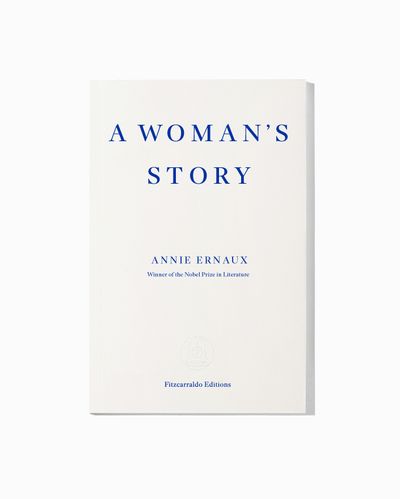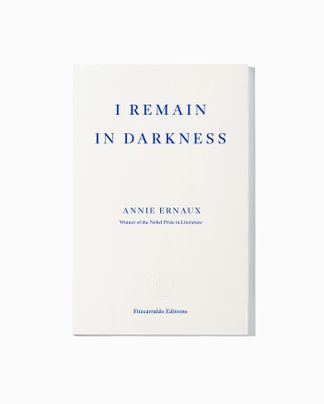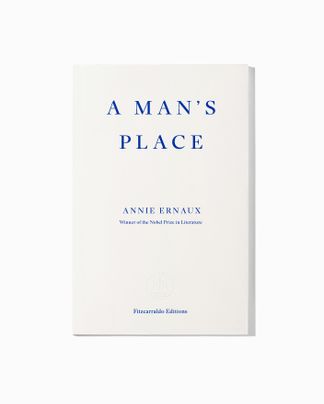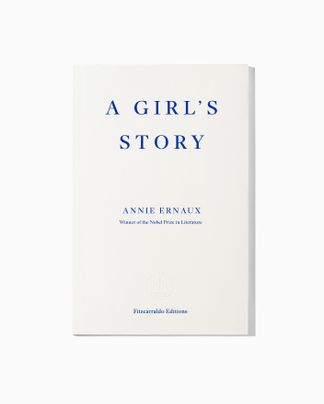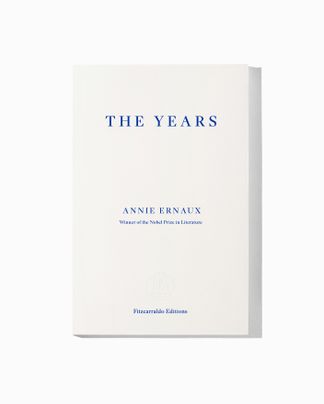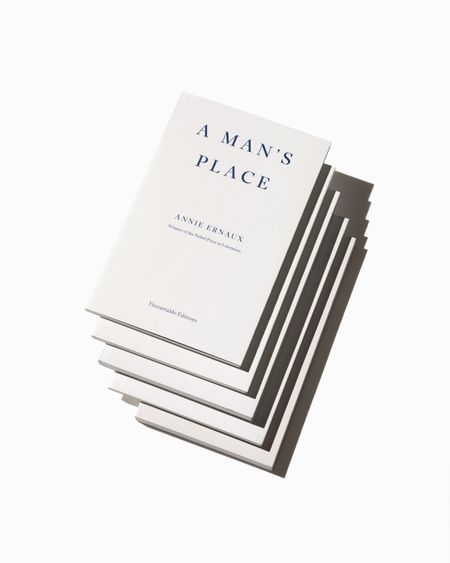Winner of the Nobel Prize in Literature 2022
On 7 April 1986, Annie Ernaux’s mother, after years of suffering from Alzheimer’s disease, died in a retirement home in the suburbs of Paris. Shocked by this loss which, despite her mother’s condition, she had refused to fathom, Ernaux embarks on a daunting journey back through time in an effort to recover the different facets of a woman whose openness to the world and appetite for reading created the conditions for the author’s own social ascent.
Mirroring A Man’s Place, in which she narrates her father’s slow rise to material comfort, A Woman’s Story explores the ambiguous and unshakeable bond between mother and daughter, its fluctuation over the course of their lives, the alienating worlds that separate them and the inescapable truth that we must lose the ones we love. In this quietly powerful tribute to the last thread connecting her to the world out of which she was born, Ernaux attempts to do her mother the greatest justice she can: to portray her as the individual she was.

